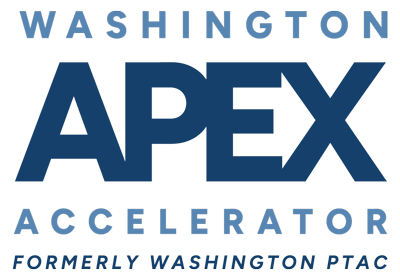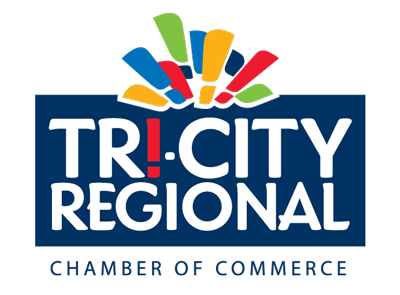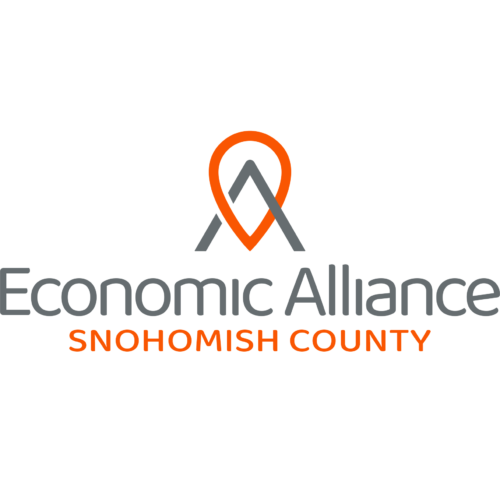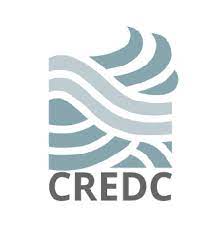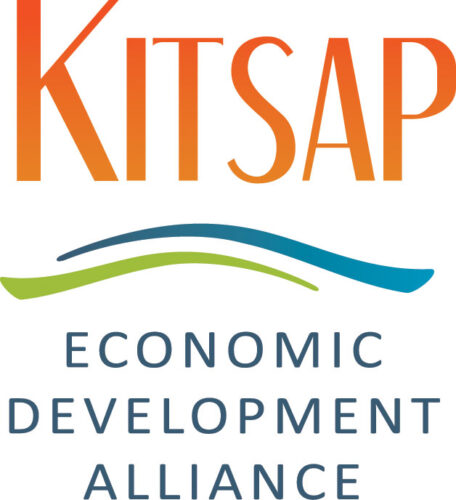Last December, SBA overhauled its HUBZone Program rules in an effort to make it easier for companies to obtain and maintain HUBZone certification–and to help the Government stop falling so woefully short of the three percent HUBZone prime contracting goal.
But now, in a new report, SBA’s internal watchdog is questioning whether one of those HUBZone Program changes went too far.
In October 2018, SBA proposed a series of significant changes to the HUBZone Program rules. SBA took a close look at the HUBZone Program’s structure, and concluded that “[t]he major challenge with the HUBZone program over the last two decades is the lack of stability and predictability for program participants.” SBA’s proposed changes were intended to create additional stability and predictability.
One of SBA’s most significant proposed changes concerned the requirement that most HUBZone Program participants demonstrate that 35% of their employees reside in HUBZones. Under the rules in effect in 2018, if an employee moved from a HUBZone to a non-HUBZone, that employee no longer counted as a “HUBZone employee” for purposes of the 35% requirement.
SBA explained that this had caused problems for employers and employees alike:
SBA understands that a few HUBZone concerns have become ineligible for further HUBZone contracts merely because one or two of their employees have moved their residences from a HUBZone to non-HUBZone area. This has placed such businesses in the unenviable position of firing those individuals and replacing them with other individuals currently living in a HUBZone, or allowing the individuals to remain on the payroll and either becoming ineligible for the HUBZone program or having to hire additional HUBZone individuals that might cause a substantial hardship on very small businesses by increasing costs and reducing profits of those businesses.
SBA continued:
One of the purposes of the program is to promote job creation for individuals living in HUBZones, enabling them to better their lives and their communities. Someone who is hired by a HUBZone small business concern and who is then able to better the lives of his or her family by moving to a different location outside a HUBZone area (due to that newly created job) should not face losing his or her job because the HUBZone small business concern cannot maintain its HUBZone eligibility with that individual on the payroll.
To address this problem, SBA proposed that “an employee that resides in a HUBZone at the time of a HUBZone small business concern’s certification or recertification shall continue to count as a HUBZone employee as long as the individual remains an employee of the firm.” Once an individual qualified as a HUBZone employee, he or she would be treated as a HUBZone employee indefinitely, even if the employee moved out of the HUBZone, or if the employee’s place of residence was redesignated as a non-HUBZone.
The SBA received largely positive feedback on this proposal. In its final rule published in late 2019, the SBA adopted the proposal as law. It is now codified in 13 C.F.R. 126.200.
That brings us back to the SBA Office of Inspector General. On October 16, the SBA OIG released a report highlighting the top management and performance challenges facing the SBA in the new fiscal year. Tucked away in the report are two fascinating paragraphs:
In 2020, SBA changed the requirements for HUBZone employee residency eligibility. An employee no longer needs to be a current HUBZone resident to count toward the residency requirement. Instead, an employee counts as a HUBZone resident throughout that employee’s unbroken tenure with the company, as long as that employee lived in a HUBZone when first used for certification purposes and remained in the residence for 180 days afterward.
HUBZone businesses could theoretically have no employees (zero) currently residing in the HUBZone but continue to be qualified under this rule. Consequently, the government’s ability to argue the employee residency requirements for enforcement purposes is significantly weakened. Allowing continued certification of concerns without current HUBZone residents and no requirement that the company hire such residents in the future, appears inconsistent with the agency’s legislative authorization for this program.
That’s a very interesting choice of words. SBA OIG seems to be saying that SBA’s relaxation of the HUBZone Program residency rules is not only a bad policy idea, but exceeds SBA’s statutory authority. Unfortunately, that’s all the report says; SBA OIG doesn’t provide any further explanation of why it questions the legality of SBA’s rule change.
It’s a basic principle of American law that an executive agency’s rulemaking cannot exceed, or conflict with, the agency’s statutory authority. If SBA’s rule change exceeded or conflicted with the underlying statute, that would, indeed, be a problem.
But does it?
Well, you can guess where I’m going with this. I couldn’t just let a statement like the SBA OIG’s sit in my brain without doing a little digging. So I pulled up a copy of the underlying statute, 15 U.S.C. 657a.
Now, if you think that reading regulations can be challenging, statutes are often much worse. Like many statutes, 15 U.S.C. 657a is chock-full of numbered paragraphs and sub-paragraphs and and super-duper-sub-sub paragraphs. (I made that last one up). Plus, a lot of those paragraphs refer to other paragraphs. Reading a statute sometimes can be a bit like following the bouncing ball in the classic Jordan/Bird McDonald’s commercial.
Still, after spending a bit of mind-numbing time with the HUBZone statute, I think there are two key paragraphs relevant to the SBA OIG’s concern.
First, this one:
(1) Certification
In order to be eligible for certification by the Administrator as a qualified HUBZone small business concern, a HUBZone small business concern shall submit documentation to the Administrator stating that–
(A) at the time of certification and at each examination conducted pursuant to paragraph (4), the principal office of the concern is located in a HUBZone and not fewer than 35 percent of its employees reside in a HUBZone[.]
The statute says that to be certified in the HUBZone Program, a company must submit documentation to the SBA showing that “at the time of certification and at each examination conducted pursuant to paragraph (4) . . . not fewer than 35 percent of its employees reside in a HUBZone.”
I don’t think that the new rule is problematic with respect to the “time of certification.” The new rule requires that a company actually meet the 35 percent residency requirement to be eligible for initial HUBZone Program certification. But what about “at the time of . . . each examination conducted pursuant to paragraph (4)”?
Well, here’s paragraph (4):
(4) Recertification
Not later than 3 years after the date that such HUBZone small business concern was certified as a qualified HUBZone small business concern, and every 3 years thereafter, the Administrator shall verify the accuracy of any documentation provided by a HUBZone small business concern under paragraph (1) to determine if such HUBZone small business concern remains a qualified HUBZone small business concern.
Paragraph (4) is a bit of a mouthful: Congress managed to establish what must be a world record by somehow using the word “HUBZone” five times in the same sentence. But once you get past that, and read Paragraph (4) in conjunction with Paragraph (1), you’ve got to ask: is Congress saying that a HUBZone Program participant must actually meet the 35% residency requirement at least every three years?
To me, that certainly seems like a reasonable reading. And I suspect that’s what the SBA OIG is seeing too.
Does that mean that SBA has exceeded its statutory authority? Not necessarily. SBA is home to many excellent lawyers, and I imagine those lawyers carefully assured themselves (and SBA’s leadership) that the relaxed residency rule was within SBA’s rulemaking authority.
Still, I’d love to hear SBA’s take on the SBA OIG’s concern. For HUBZone companies relying on the new residency rule, it would be nice to get some clarity: if there’s any risk that the relaxed residency rule could be overturned or curtailed, that’s something HUBZone Program participants ought to know as soon as possible.
Questions about this post? Or need help with a government contracting legal issue? Email us or give us a call at 785-200-8919.
Looking for the latest government contracting legal news? Sign up for our free monthly newsletter, and follow us on LinkedIn, Twitter and Facebook.
The post SBA Inspector General Questions Legality of Relaxed HUBZone Residency Rule first appeared on SmallGovCon – Government Contracts Law Blog.
Syndicated from SmallGovCon

